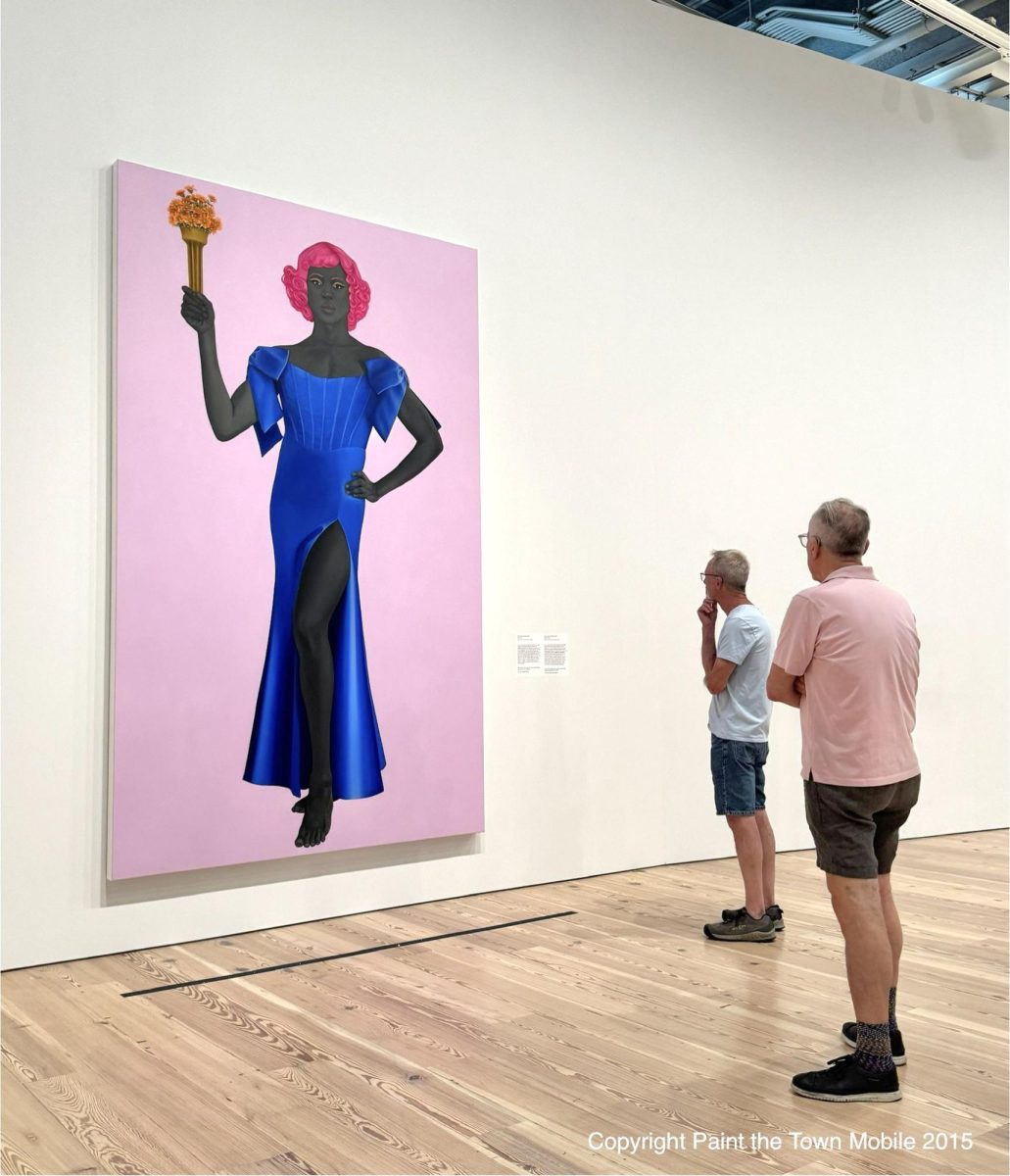The power of stories is something that every reader recognizes. There’s just something about the tales we gather and gobble up that speaks to us, that even has a hold over us. What we read is a reflection of the deepest parts of our minds, our wishes, our desires, our fears. They can also affect our outlook so completely that it’s hard to imagine life without them. In that way our lives are being consumed by the stories that we read.

But that is not something to be necessarily frightened of. They can also pull us out of our troubles and give us a perspective on our lives that we were previously unable to see. They can help us understand the complicated, messy world we live in. Stories are more than just words on paper; they guide us with a forceful hand towards things we can’t or won’t face.
“The Book of Lost Things” is one of those rare stories that not only has power but also addresses that power. The book is about 12-year-old David, reeling from the loss of his mother and the rapid progress in which his father moves on. Like many readers, he take refuge in stories, mainly those of classic fairy tales, but they soon begin to consume his life. As he retreats farther and farther into those stories, reality and fiction merge and David is soon stuck in a strange, dark world where all the stories he knows and loves are suddenly warped and much more dangerous. His only hope is to reach the weakened king of the land, but trouble in the shape of a Crooked Man is close on his heels.
The story is enchanting and captivating, taking many of those well-known Disney classics and turning them on their head by putting the grim back in Grimm’s Fairy Tales. And by exploring the world of those tales, Connolly is diving into the essence of stories themselves. After all, there is a reason why these tales have lasted the test of time. The common themes contained within them are still relevant and relatable, and they’re found in almost every story, old or new. These particular tales have lasted only because they’ve come to embody the necessary clichés of humanity that everyone needs to understand to live. And that is why this they are such a good fit for this novel. It’s a book about growing up and starting to find the cold, hard truths about the world. What better way to do that then through stories?
That being said, I find it extremely ironic that this is not meant to be for children or even teens. Connolly has said time and time again, that this book is really meant for adults. However, I believe he has created something that even he doesn’t completely understand. This novel is one of those stories that a person can read throughout their lives and each time read it anew. Age changes your perspective, and that is something that will make a difference in the way you read this book. So in that way, this novel really is meant to be read at all ages because, despite stories’ power, the outside world has an effect on them. After all, the real world is where the stories came from.
In fact, humans are endowed with an innate sense to create, share, and understand stories. And that’s what makes this book such a gem. It celebrates the power of stories and the humanity behind them, by using some of the oldest tales in Western civilization and connecting them to the plight of a lost, scared boy. But in truth this is really not a story about David. It’s a story about any reader who has lost someone, who ever felt alone and abandoned, who ever felt like stories were consuming their life.






